Human No More
HUMAN
NO MORE
Digital Subjectivities, Unhuman Subjects,
and the End of Anthropology
EDITED BY NEIL L. WHITEHEAD
AND MICHAEL WESCH
University Press of Colorado
Boulder
2012 by University Press of Colorado
Published by University Press of Colorado
5589 Arapahoe Avenue, Suite 206C
Boulder, Colorado 80303
All rights reserved
Printed in the United States of America

| The University Press of Colorado is a proud member of the Association of American University Presses. |
The University Press of Colorado is a cooperative publishing enterprise supported, in part, by Adams State University, Colorado State University, Fort Lewis College, Metropolitan State University of Denver, Regis University, University of Colorado, University of Northern Colorado, Utah State University, and Western State Colorado University.
 This paper meets the requirements of the ANSI/NISO Z39.48-1992 (Permanence of Paper).
This paper meets the requirements of the ANSI/NISO Z39.48-1992 (Permanence of Paper).
Library of Congress Cataloging-in-Publication Data
Human no more : digital subjectivities, unhuman subjects, and the end of anthropology / edited by Neil L. Whitehead and Michael Wesch.
p. cm.
Includes bibliographical references and index.
ISBN 978-1-60732-169-9 (cloth : alk. pa
per) ISBN 978-1-60732-189-7 (pbk. : alk. paper) ISBN 978-1-60732-170-5 (ebook)
1. AnthropologyPhilosophy. 2. CyberneticsPhilosophy. 3. Online social networks. 4.
Computers and civilization. 5. Virtual reality. I. Whitehead, Neil L. II. Wesch, Michael.
GN33.H944 2012
303.48'34dc23
2012025788
Designed by Daniel Pratt
21 20 19 18 17 16 15 14 13 12 10 9 8 7 6 5 4 3 2 1
To Neil Whitehead
19562012
Cowards die many times before their deaths; The valiant never taste of death but once.
SHAKESPEARE
Neils soul substance burst from his tired body into the larger universe this morning. Those of you who know him well realize how significant it is that a packet of vital energy such as his has come forth with a fierceness. Please allow as much of his soul substance as you can stand to enter and live within you now, so that he will come to rest in dozens of bodies and continue to burst into the world through your mouth, through your eyes through your breath and through your tears.
STEPHANIE ALEMN (on Neil Whiteheads Facebook wall, March 22, 2012)
Of course this news isnt believable. So in order to find out, I went to Facebook. And Im sorry to discover confirmation that it is. Ah Facebook. Neil would have enjoyed this.
JANET MARION CHERNELA (on Neil Whiteheads Facebook wall, March 23, 2012)
Human No More
Introduction
Human No More
Neil L. Whitehead and Michael Wesch
Over the last decade the growing possibilities of living in online worlds have continued to undermine and throw into question traditional anthropological conceptions of place-based ethnography. Such conceptions were already facing criticism for artificially bounding, limiting, and reifying culture in a world in which transnational cultural flows are commonplace. Online worlds add yet another dimension to this critique, providing examples of social forms that stretch and often break the definitions and boundaries of communities and groups and blurring our taken-for-granted distinctions between the human, bestial, and mechanical, thereby forcing us to rethink our notions of what might constitute the subjects that we study.
However, in this volume we also use the insight that the challenges of ethnography in online worlds presents to broaden our critique of ethnography. We do this by asking how the occluded worlds of digital culture, and also those of hidden and marginalized persons, can be better integrated into anthropological thinking and how the ethnography of both the unhuman and the digital leads to exciting possibilities for reconfiguring the notion of what is human. But why would an academic discipline that is founded on the notion of the human (anthropos) saw off the very branch of the tree of knowledge on which it rests? How can anthropology properly acknowledge the cultural and historical contingency of the category human unless this entails the end of anthropology itself?
DOI: 10.5876/9781607321705.c00
Through the chapters that follow, we demonstrate that such questioning is not the end of anthropology but, to the contrary, a fruitful endeavor leading to the discovery of new ends and purposes for our enduring commitment to engage and interpret other lifeways. A critical examination of the human sheds light on how the anthropocentric presumptions of much anthropology ignore not just the unhuman but also the animal and the not-quite-human (transgendered, disabled, or psychologically impaired persons), inevitably leading to a challenge, and perhaps an outright rejection, of the whole category of the human, at least as a core concept for anthropological theory.
Anthropology is only one academic discipline currently engaged with the posthuman () are not so prominent. In this regard, the essays here demonstrate that new forms of ethnographic engagement with unhuman populations (as in the chapters by Heckenberger, Whitehead, and Wisniewski) can inform and be informed by studies of online phenomena that also challenge and subvert traditional notions of the human.
The chapters here illustrate emergent cultural contexts in which embodied, rational individuals are but one of the forms of agency present in virtual and socially occluded worlds. As Matt Bernius demonstrates, software programs create chatbots, spambots, searchbots, and even ballot-stuffing bots, some of which are fully equipped to interact with real humans socially, sexually, and financially. Such bots appear alongside and engage with simulacra of our offline selves.
Anthropologists such as Donna Haraway (real, issues raised by an anthropology of the virtual necessarily become the issues for anthropology at large.
HUMAN NO MORE?
The theme of these chaptershuman no more?resonates as a question throughout. Although Whitehead answers firmly in the affirmative and eagerly embraces the posthuman as a potential liberation from the late capitalist disciplines of the corporeal and the mental, others more cautiously question whether we are in fact posthuman at all and whether we should radically rethink anthropology. This is partly the reaction of Anne Allison (whose afterword was originally a response to the American Anthropological Association (AAA) panel at which these chapters were first presented), but her highly constructive and open-ended engagement with the question of humanity contrasts with other commentators (), it is important to distinguish the critique of anthropologys intellectual frameworks, which the asking of questions about the human permits, from the assumption that posthumanism is a disguised political gambit aimed at taking over the profession.
Attempting to avoid such pitfalls, and in a similar vein to Allison, Tufekci notes that the first symbols ever created allowed for a form of disembodiment by separating the thought from the human, arguing that the essence of humanity is that we have always been both symbolic and embodied. We were always human, she suggests. Or maybe, said alternatively, we were always posthuman. Tufekci and others in this volume discover that even in these virtual worlds that create always expanding possibilities for disembodied sociality, embodiment remains crucial. It is the body that centers and unites us, even as we play with different social roles and personas. Typing on a keyboard, Tufekci suggests, does not create an ontological split within the body. But, as Tufekci rightly points out, this still begs the question of what we are to make of emerging technologies that now promise to immerse us in fully realistic simulated worldsskin suits, goggles, and other devices that will bring digital inputs seamlessly into our increasingly augmented intelligenceor those futuristic Kurzwellian visions of nanobots swarming through our bodies, giving us access to all the information on the web from inside our own skin while repairing and rebuilding our cells and transporting us into virtual worlds whenever we desire (begs questions about the role of symbolizing and embodiment for animals and those not-quite-humans.


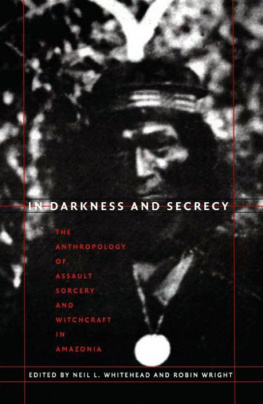
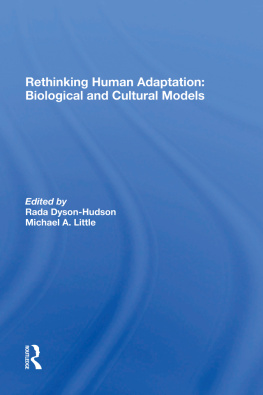
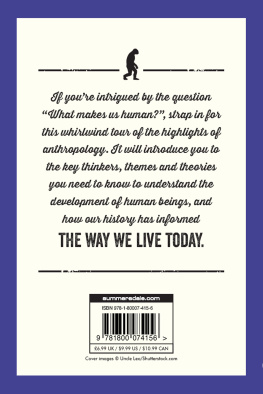
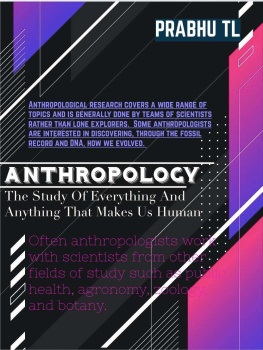

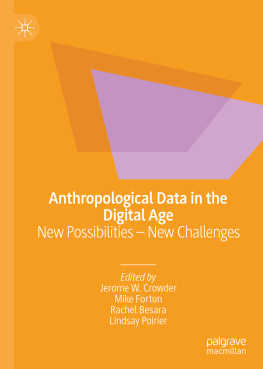
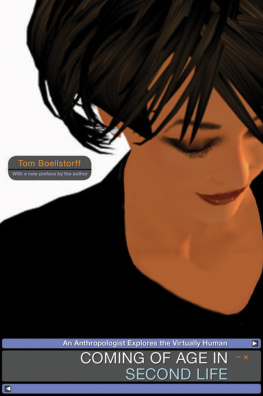
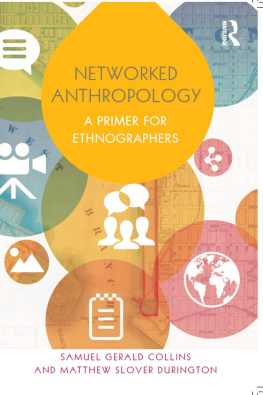

 This paper meets the requirements of the ANSI/NISO Z39.48-1992 (Permanence of Paper).
This paper meets the requirements of the ANSI/NISO Z39.48-1992 (Permanence of Paper).